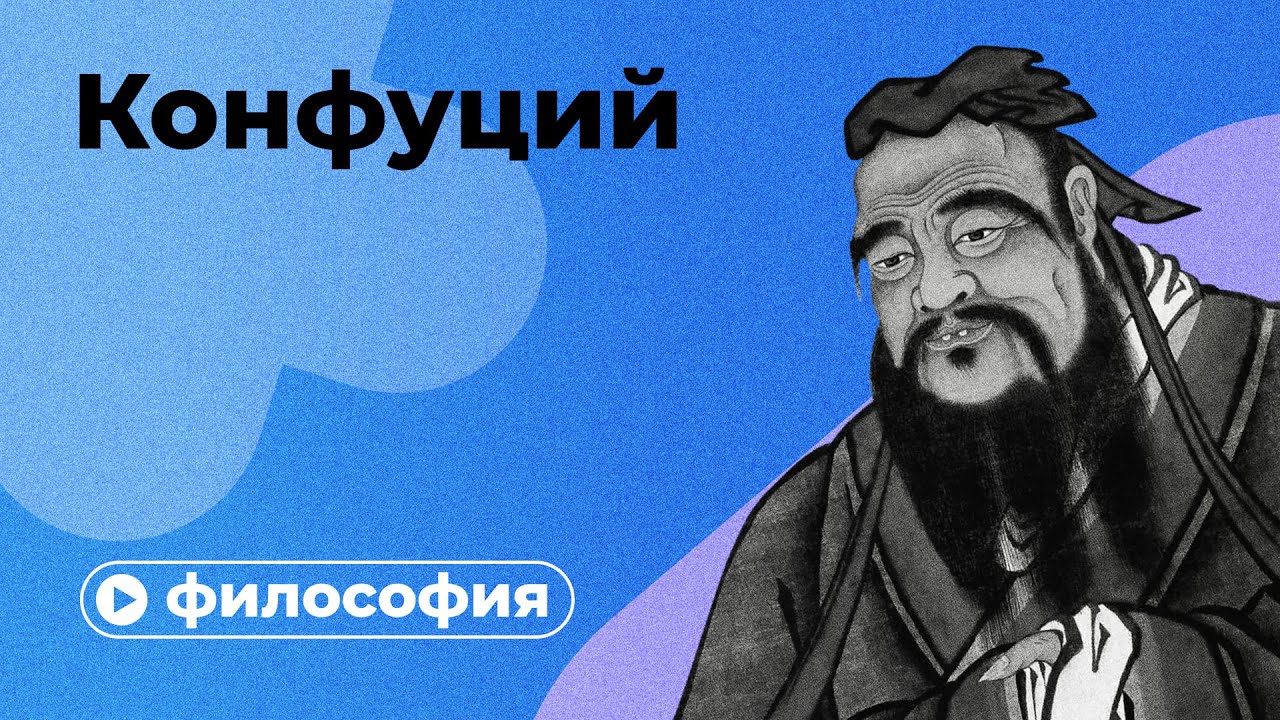Basic Teachings of Confucianism
Summary
TLDRThis script delves into the fundamental teachings of Confucianism, emphasizing the pursuit of becoming a 'junzi' or superior person characterized by benevolence (Ren), wisdom, and courage. It highlights the importance of proper conduct within the five key relationships and the significance of reverence for family and ancestors. The doctrine of the mean is introduced as a guide to moderation, and the arts of peace are promoted over war. The philosophy positions the individual as an integral part of various relationships, suggesting a collective identity that contributes to social cohesion and order.
Takeaways
- 📚 Confucianism's Core Teaching: The pursuit of becoming a 'Junzi' or 'superior person', embodying the ideal virtues of benevolence, wisdom, and courage.
- 💖 Benevolence (Ren): The central virtue in Confucianism, emphasizing compassion and love for others, akin to the Golden Rule of not doing to others what you wouldn't want done to yourself.
- 🧠 Wisdom and Decision-Making: A wise person is never indecisive, highlighting the importance of clear judgment and consistency in one's actions.
- 🦁 Courage and Fearlessness: A courageous person is never afraid, suggesting that moral strength and bravery are key to the superior person's character.
- 🗣️ Speech and Action: The noble person is slow to speak but quick in action, emphasizing the importance of thoughtful communication and decisive execution.
- 👪 The Five Relationships: Fundamental to Confucian ethics, these relationships (ruler-subject, parent-child, husband-wife, elder sibling-younger sibling, and friend-friend) define social order and the responsibilities within them.
- 🏡 Family Reverence (Zhao): The family is central to Confucian thought, advocating respect for ancestors and prioritizing family in one's life.
- 🎭 Doctrine of the Mean: Confucius promotes moderation and avoiding excess, a strategy for maintaining social harmony and personal balance.
- 🎼 Arts of Peace: The cultivation of virtues through poetry, music, and other peaceful arts is encouraged over the pursuit of martial skills.
- 🌐 Social Cohesion: Confucianism aims to stabilize society and foster cohesion through the establishment of clear social structures and relational responsibilities.
- 🌿 Interconnectedness: A person is defined by their relationships and their role within the community, emphasizing the importance of social context in one's identity.
Q & A
What is the concept of 'Chun-soo' in Confucianism?
-Chun-soo, or 'Junzi' in Chinese, refers to the ideal person or superior person in Confucianism. It is someone who embodies virtues such as benevolence (Ren), wisdom, and courage, and is characterized by being slow in words but prompt in action.
What does Confucius mean by 'Ren' or benevolence?
-'Ren' in Confucianism is a virtue that signifies compassion and love for others. It is the ultimate virtue that Confucius believed should guide a person's actions and relationships with others.
What is the Golden Rule in Confucianism?
-The Golden Rule in Confucianism is encapsulated in the phrase 'Do not do to others what you would not want done to yourself,' which is a principle that encourages ethical behavior based on empathy and consideration for others.
What are the five cardinal relationships in Confucianism?
-The five cardinal relationships in Confucianism are between ruler and subject, parent and child, husband and wife, elder and younger siblings, and between friends. Each relationship has its own set of responsibilities and expectations.
How does Confucius view the hierarchy within relationships?
-Confucius views the hierarchy within relationships not as a matter of automatic authority but as a relationship with responsibility. Authority and respect must be earned through proper conduct and behavior.
What is the concept of 'Zhao' in Confucianism?
-'Zhao' refers to the reverence and respect for one's family, emphasizing that family should be a priority and treated with honor and profound respect.
What is the Doctrine of the Mean in Confucianism?
-The Doctrine of the Mean in Confucianism is the idea of living in moderation, avoiding excess, and valuing compromise. It is a principle aimed at fostering social cohesion and stability.
How does Confucius view the importance of the arts in cultivating virtue?
-Confucius believes that the arts, particularly those of peace, can help to bind people together and cultivate virtues such as sensibility, self-restraint, and the duty to serve one's parents and ruler.
What does Confucius suggest about the nature of self-identity in relation to others?
-Confucius suggests that a person's identity is not just an independent self but is deeply connected to and influenced by their relationships with family, friends, community, and all of humanity.
How does Confucianism address social disorder?
-Confucianism addresses social disorder by advocating for the establishment of clear social structures and relationships, with an emphasis on virtues like benevolence, proper conduct, and cultural practices that promote harmony and cohesion.
Does Confucianism provide an ultimate reality or underlying truth?
-Confucianism does not explicitly provide an ultimate reality or underlying truth. Instead, it focuses on practical moral teachings and social relationships, often referencing or incorporating elements from other Chinese traditions such as Taoism.
Outlines

Dieser Bereich ist nur für Premium-Benutzer verfügbar. Bitte führen Sie ein Upgrade durch, um auf diesen Abschnitt zuzugreifen.
Upgrade durchführenMindmap

Dieser Bereich ist nur für Premium-Benutzer verfügbar. Bitte führen Sie ein Upgrade durch, um auf diesen Abschnitt zuzugreifen.
Upgrade durchführenKeywords

Dieser Bereich ist nur für Premium-Benutzer verfügbar. Bitte führen Sie ein Upgrade durch, um auf diesen Abschnitt zuzugreifen.
Upgrade durchführenHighlights

Dieser Bereich ist nur für Premium-Benutzer verfügbar. Bitte führen Sie ein Upgrade durch, um auf diesen Abschnitt zuzugreifen.
Upgrade durchführenTranscripts

Dieser Bereich ist nur für Premium-Benutzer verfügbar. Bitte führen Sie ein Upgrade durch, um auf diesen Abschnitt zuzugreifen.
Upgrade durchführen5.0 / 5 (0 votes)






